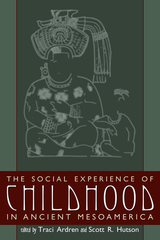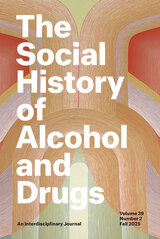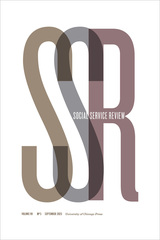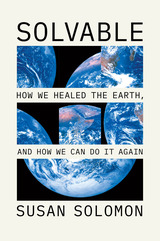
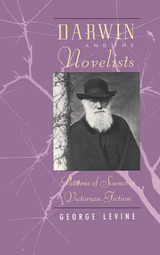

Darwin’s theory thrust human life into time and nature and subjected it to naturalistic rather than spiritual or moral analysis. Insisting on gradual and regular–lawful–change, Darwinian thought nevertheless requires acknowledgment of chance and randomness for a full explanation of biological phenomena. George Levine shows how these conceptions affected nineteenth–century novelists—from Dickens and Trollope to Conrad—and draws illuminating contrasts with the pre–Darwinian novel and the perspective of natural theology.
Levine demonstrates how even writers ostensibly uninterested in science absorbed and influenced its vision. A central chapter treats the almost aggressively unscientific Trollope as the most Darwinian of the novelists, who worked out a gradualist realism that is representative of the mainstream of Victorian fiction and strikingly consonant with key Darwinian ideas. Levine’s boldly conceived analysis of such authors as Scott and Dickens demonstrates the pervasiveness and power of this revolution in thought and sheds new light on Victorian realism.
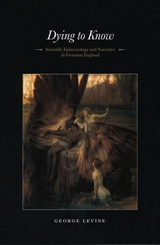
In Dying to Know, eminent critic George Levine makes a landmark contribution to the history and theory of scientific knowledge. This long-awaited book explores the paradoxes of our modern ideal of objectivity, in particular its emphasis on the impersonality and disinterestedness of truth. How, asks Levine, did this idea of selfless knowledge come to be established and moralized in the nineteenth century?
Levine shows that for nineteenth-century scientists, novelists, poets, and philosophers, access to the truth depended on conditions of such profound self-abnegation that pursuit of it might be taken as tantamount to the pursuit of death. The Victorians, he argues, were dying to know in the sense that they could imagine achieving pure knowledge only in a condition where the body ceases to make its claims: to achieve enlightenment, virtue, and salvation, one must die.
Dying to Know is ultimately a study of this moral ideal of epistemology. But it is also something much more: a spirited defense of the difficult pursuit of objectivity, the ethical significance of sacrifice, and the importance of finding a shareable form of knowledge.
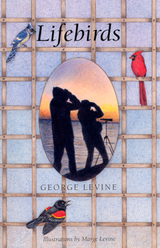
In the tradition of Annie Dillard, this book is a set of meditations on nature, in this case specifically on the way birds and birding are entangled with life, with work, family, and friends. While it delicately narrates loving engagement with birds, it is not a field guide. Its author is a birder, not a professional ornithologist. Although the book does in fact offer a surprising amount of detail about birds, it is primarily a consideration of the experience and human significance of seeing birds, rather than of the birds in themselves as objects of systematic study. It attempts to convey something of the extraordinary variety and excitement of birding, the complications and subtleties of bird identification, the implication of birding in the imagination and the world against which it is usually defined.
While one doesn’t have to be interested in birds to read it with pleasure, it attempts to seduce the reader into the birding experience through a series of autobiographical memoirs with birds at their center. It is not meant for experts, except as experts might be interested in how a journeyman experiences their more significantly constructed world. In the end the book is about a lot more than birds. It is about “lifebirds,” with all the many meanings that word might seem to imply.
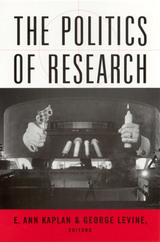
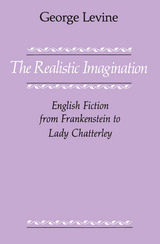
READERS
Browse our collection.
PUBLISHERS
See BiblioVault's publisher services.
STUDENT SERVICES
Files for college accessibility offices.
UChicago Accessibility Resources
home | accessibility | search | about | contact us
BiblioVault ® 2001 - 2025
The University of Chicago Press



